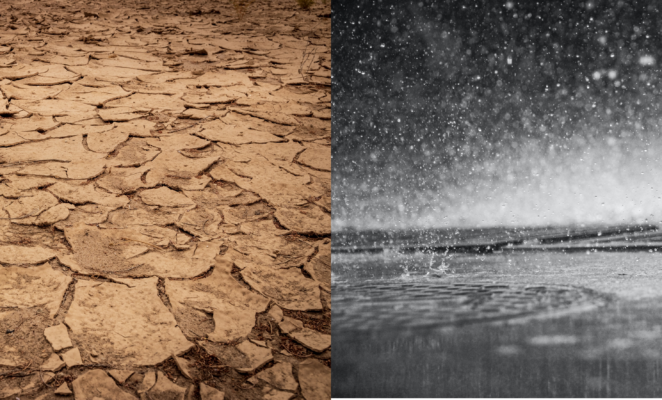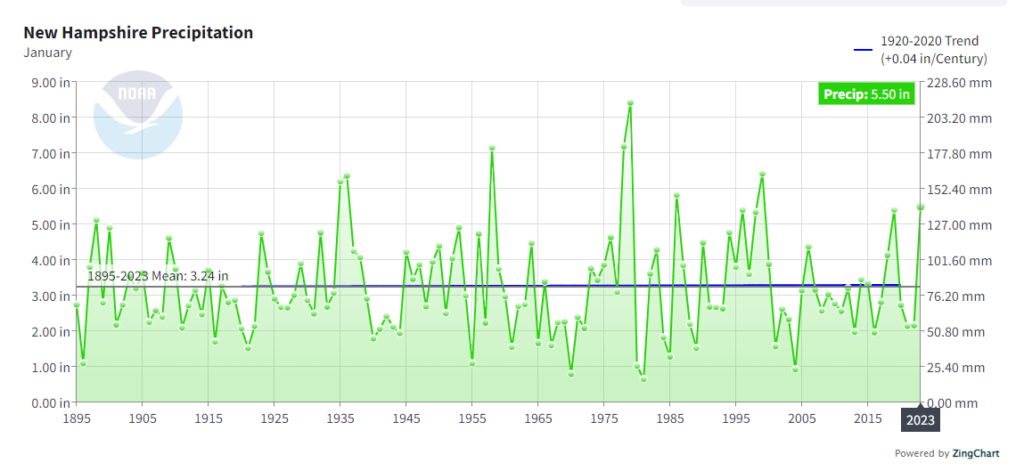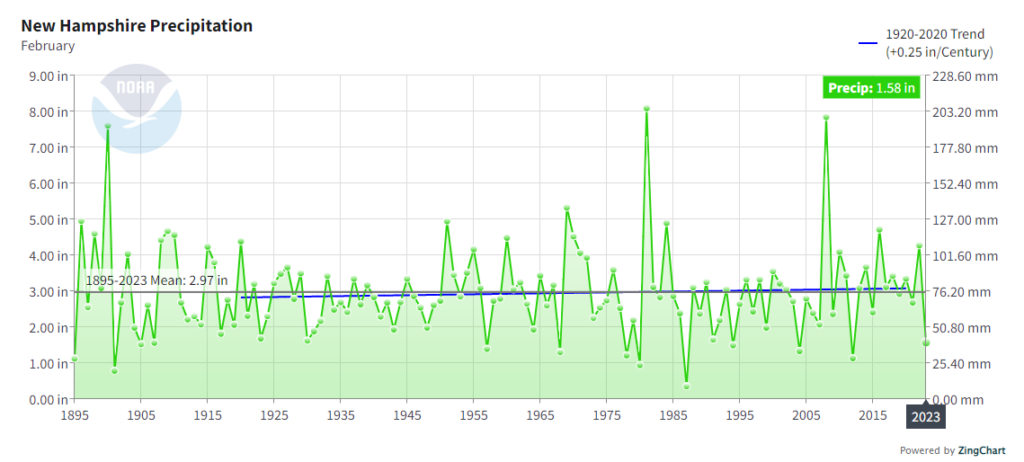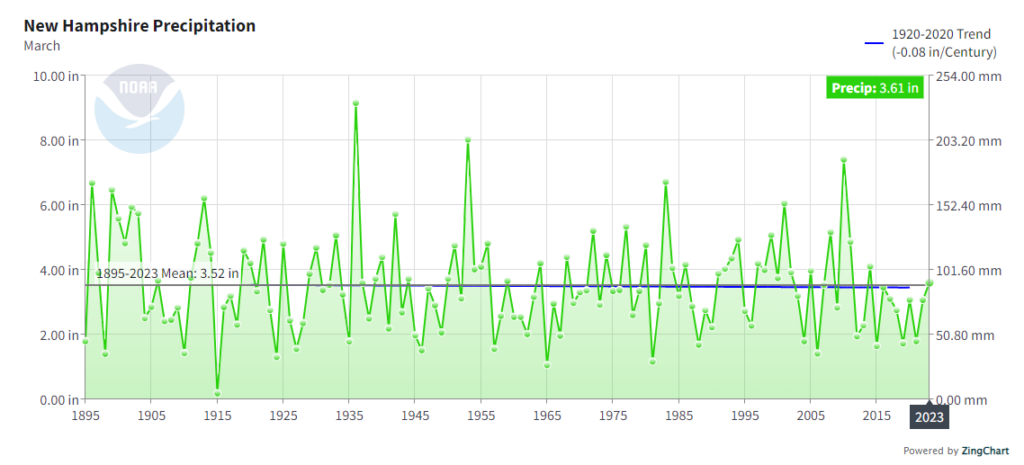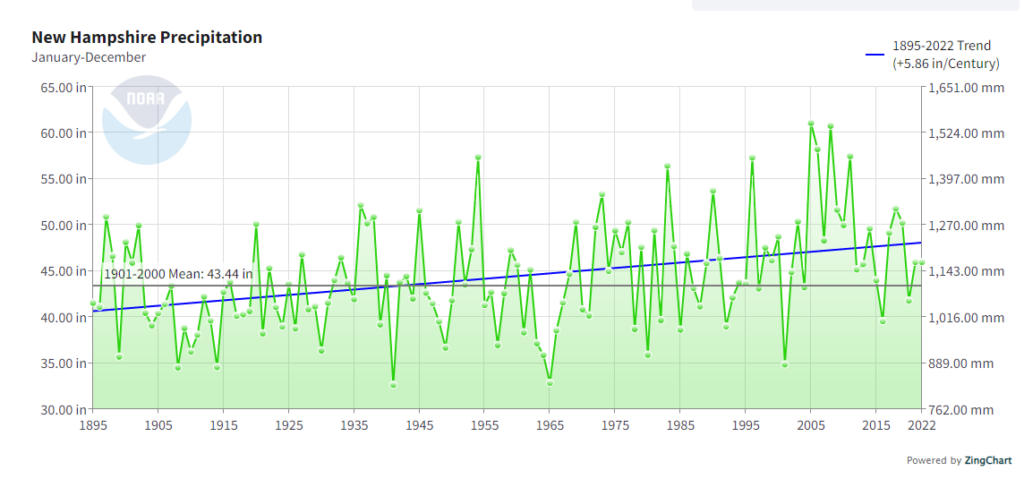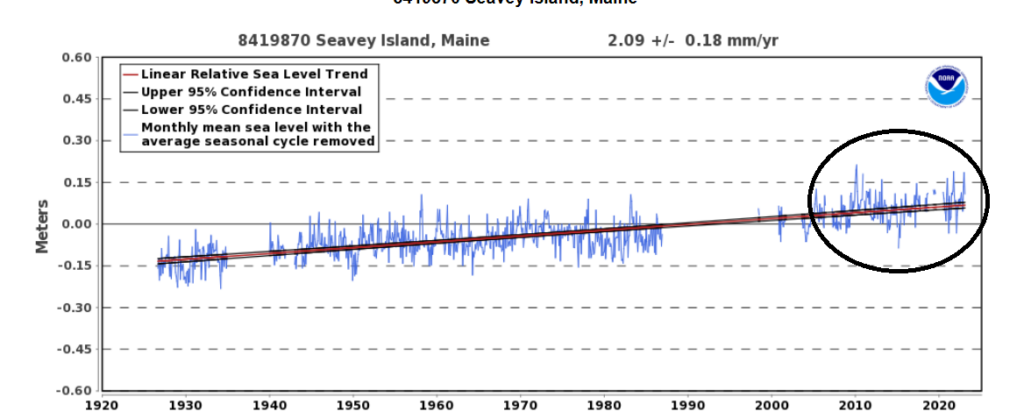Last week the state got jiggy with the threat of wildfires. Warning! That’s always a concern when the weather improves, the snow melts, and folks start burning all the downed brush from winter storms. But is it that dry?
Related: 2023 Prediction: Drought Headlines Across the Region Regardless of the Weather
In some places, sure. Leaves from last autumn are still around. We had several late-season storms that left a lot of fuel in the form of branches, trees, and other flammable debris in the canopy and down on the ground. And let’s be realistic – it is always critically important to be responsible when you burn anything outdoors (assuming you are able).
Towns in NH have rules that require you to go to the local fire department to get a burn permit though those rules have improved. We used to have to go every time we wanted to burn; then the permits were for two weeks, and now – thanks to COVID, they write you a permit for the entire year. And while you used to have to call the local FD to make sure it was okay to burn, you can check the state Forestry Twitter feed, and if they are good, you are good.
Burn but responsibly no matter what, so what’s what so far in 2023?
We are slightly above the 120-year average through March.
According to NOAA, New Hampshire has received 10.69 inches of precipitation through March. The 120-year mean 1895-2023 is 9.73 inches.
January was well above average.
February was below average.
March was Baby Bear. Just right (9/10th of an inch above the 120+ year mean.
Looking forward, April has been much wetter in recent years, with May and June much drier.
July – wet.
But we’re in an El Nino year, which – as I noted here – might mean below-average precipitation this summer. I don’t have NOAA’s predictive bucket of partisan goat entrails, but I took another quick look at the trends and could see no El Nino, La Nina pattern for the Granite State.
We can make a general observation. Precipitation has been higher during the modern warming period (which has ended).
Annual totals have been down since then, along with the flattening of tide gauge data off the coast of Portsmouth.
But let’s not get distracted. The media drought festival is coming! Time to manipulate the locals into using less water which – honestly, thanks to political priorities that have driven up the cost of this sometimes human right, they are likely doing already.
And don’t forget the progressive golden rule of science. Your experts are partisans “on the take,” while theirs are not.
